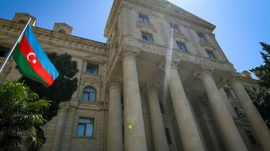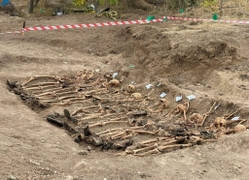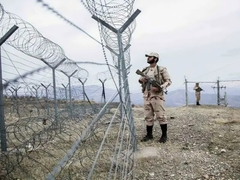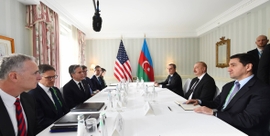Armenia’s ongoing armament does not bear a message of peace, Azerbaijan’s President Ilham Aliyev said while highlighting the peace process between Baku and Yerevan in a meeting with the new Indian ambassador on Friday.
The president noted that the rise of revanchist forces and armament in Armenia are taking place simultaneously, setting the ground for new dangers.
"If Armenia really wants peace with Azerbaijan, then there is a question of why it is buying weapons worth 100 millions of dollars," President Aliyev said, adding this policy could lead to new threats to the region, President.Az reported.
Armenia and Azerbaijan have long been at odds over the latter's Karabakh region. Following the Soviet Union’s dissolution in 1991, Armenia launched a military campaign against Azerbaijan that lasted until a ceasefire deal in 1994. As a result, Armenia occupied 20 percent of Azerbaijan’s internationally recognized territories. Over 30,000 ethnic Azerbaijanis were killed, and one million were expelled from those lands in a brutal ethnic cleansing campaign carried out by Armenia.
On September 27, 2020, the decades-old conflict between the two countries spiralled after Armenia’s forces deployed in occupied Azerbaijani lands shelled military positions and civilian settlements of Azerbaijan. During counter-attack operations, Azerbaijani forces liberated over 300 settlements, including the cities of Jabrayil, Fuzuli, Zangilan, Gubadli, and Shusha, from a nearly 30-year-long illegal Armenian occupation. The war ended in a statement signed on November 10, 2020, under which Armenia returned the occupied Aghdam, Kalbajar, and Lachin districts to Azerbaijan.
The 44-day-long war in the Karabakh (Garabagh) region of Azerbaijan led to heavy equipment losses on the armed forces of Armenia. The total cost of the Armenian army's materiel losses during the war is estimated to be $4 billion, according to data compiled by researchers at the Economic Research Institute of the University of Economics of Azerbaijan.
In March 2023, Armenia’s Defense Minister Suren Papikyan said the country’s armed forces received significant amounts of new weapons and ammunition in 2022, including mortars, air defense and anti-tank rocket systems, drones as well as demining, communication and night-vision surveillance equipment.
Although Papikyan declined to comment on the sources of import, Armenian and Indian media touted India as one of the key defence suppliers of the South Caucasus country. According to multiple reports, Yerevan and New Delhi signed contracts for the purchase of $245 million worth of Indian multiple-launch rocket systems, anti-tank rockets and ammunition, including India-made Pinaka multi-barrel rocket launcher and Akash surface-to-air missile systems. The arms deal was inked after Papikyan’s visit to India in October 2022.
Earlier in 2020, India secured a contract from Armenia for supplying four units of indigenous Swathi radars to the country.
In January 2023, President Aliyev said India’s intensive weapons supplies to Armenia was an “unfriendly step” since the only target for these weapons, particularly the offensive systems, could be Azerbaijan.
Meanwhile, the Armenian government sanctioned a 46 percent increase from 2022 in the defense budget in 2023 climbing it to $1.3 billion.


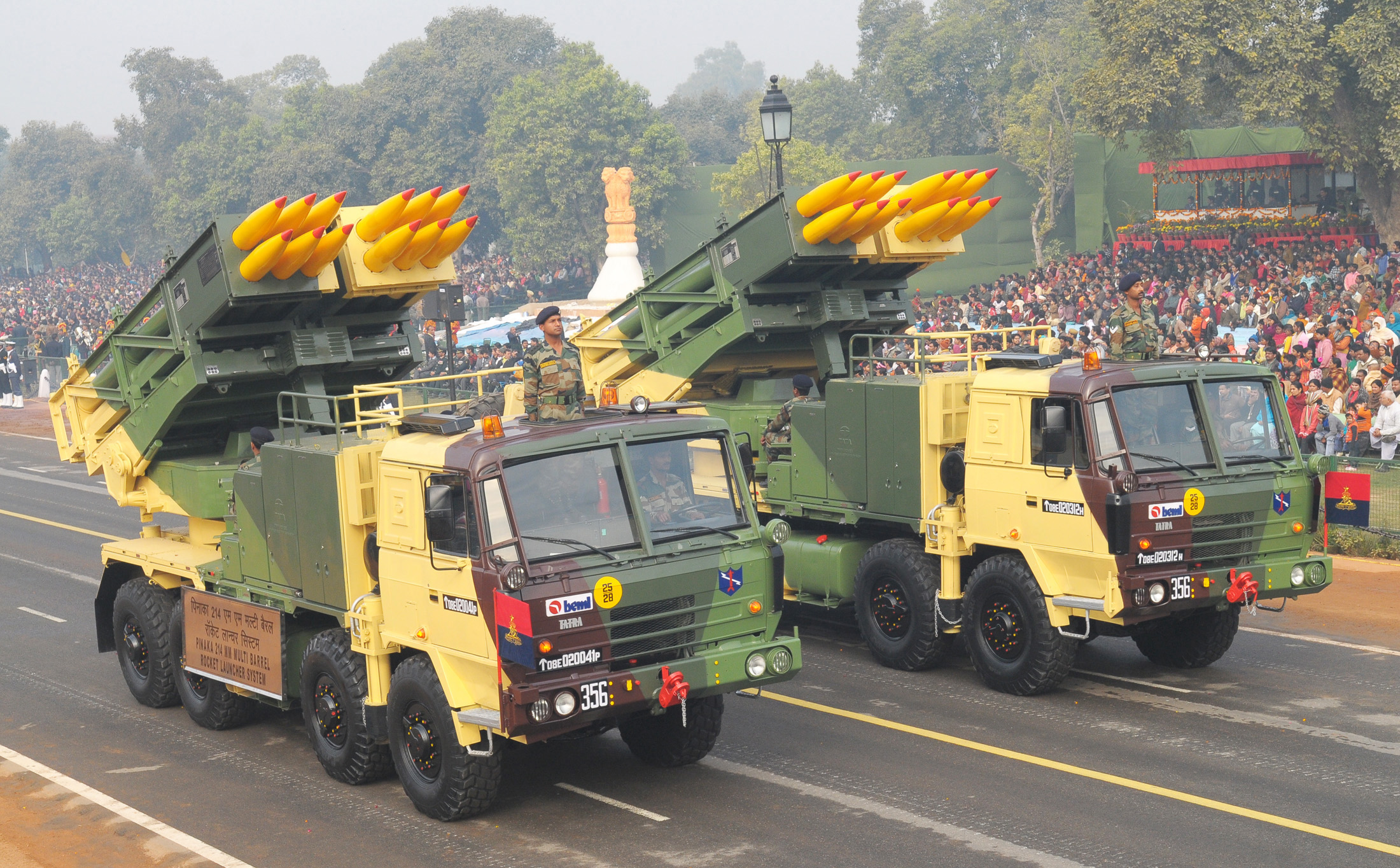




 U.S. Secretary of State Antony Blinken reiterated Washington’s unwavering support for the ongoing peace process between Azerbaijan and Armenia in a...
U.S. Secretary of State Antony Blinken reiterated Washington’s unwavering support for the ongoing peace process between Azerbaijan and Armenia in a...
 The Iranian and Cuban transport ministers have discussed expanding maritime and air transportation cooperation.
The Iranian and Cuban transport ministers have discussed expanding maritime and air transportation cooperation.
 Kyrgyzstan has joined the extensive reconstruction efforts in the Karabakh region of Azerbaijan, after a series of mega initiatives were launched b...
Kyrgyzstan has joined the extensive reconstruction efforts in the Karabakh region of Azerbaijan, after a series of mega initiatives were launched b...
 Iran is moving to fortify its eastern border with Afghanistan in a bid to fight illegal migration and drug trafficking, along with enhancing security.
Iran is moving to fortify its eastern border with Afghanistan in a bid to fight illegal migration and drug trafficking, along with enhancing security.
